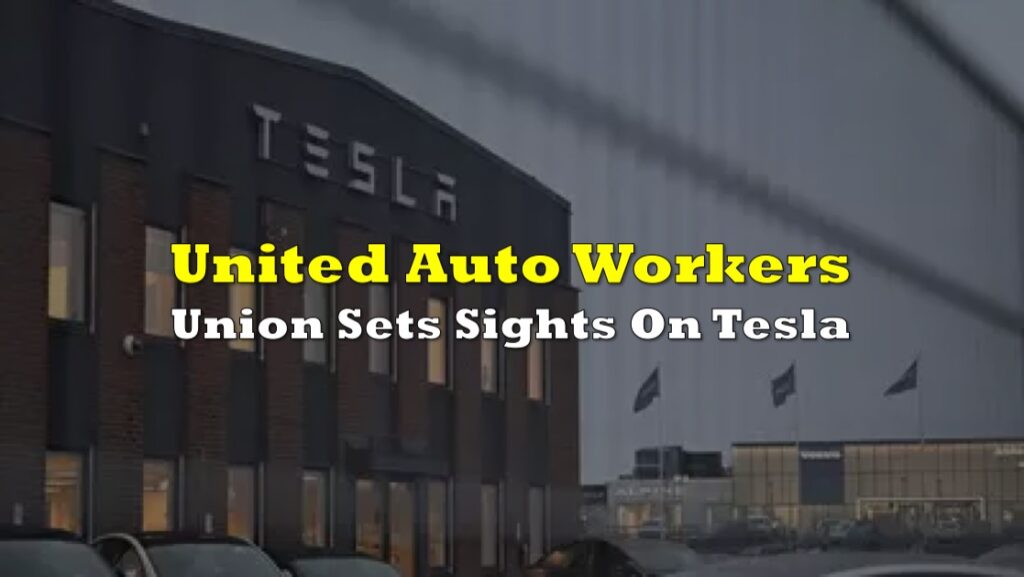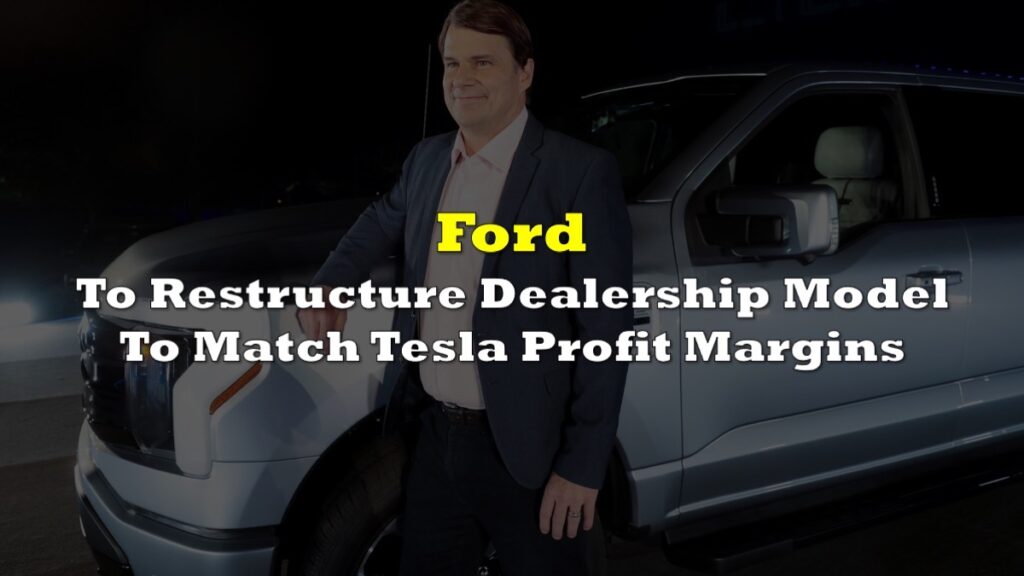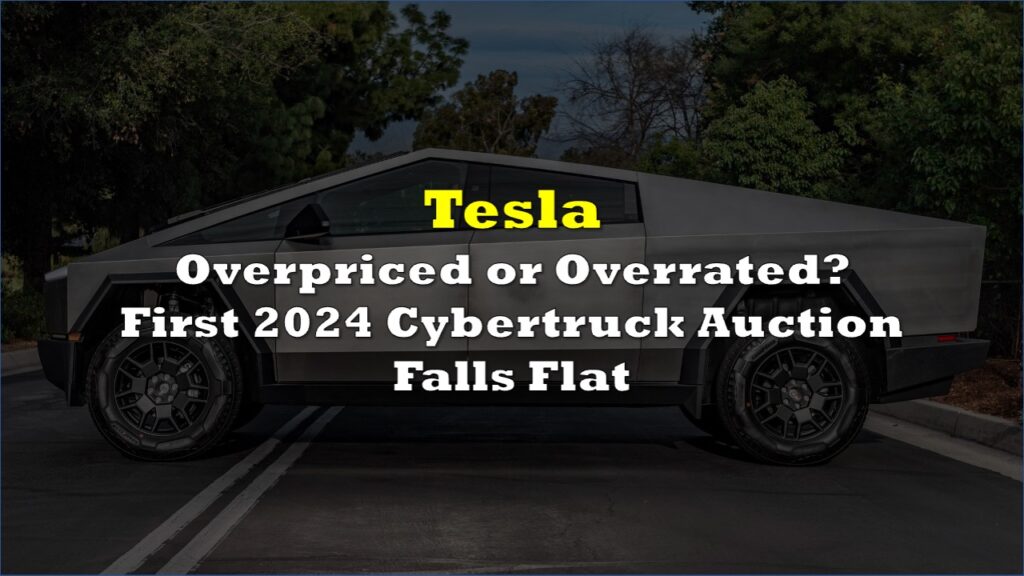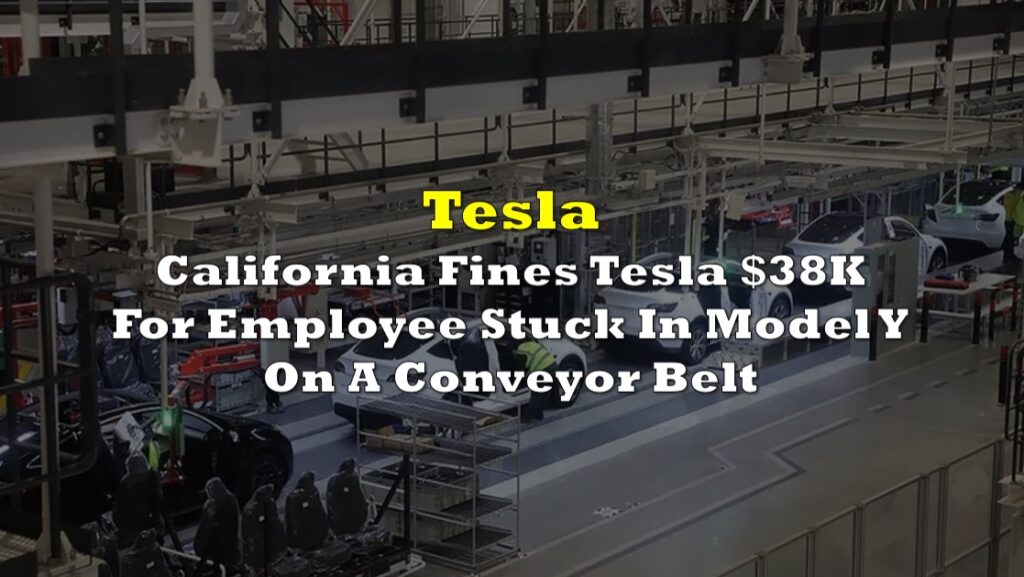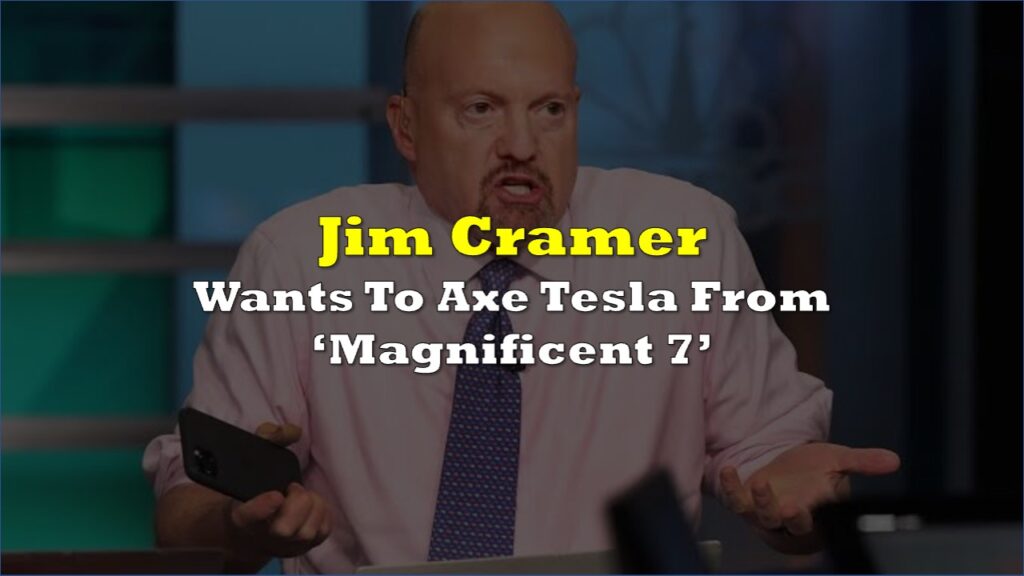Tesla Inc. (Nasdaq: TSLA) recalled nearly all of its vehicles in China owing to a braking and acceleration flaw that could increase crash and safety hazards.
The manufacturer will apply an over-the-air software update to more than 1.1 million Shanghai-produced vehicles from January 2019 to April 2019, as well as select models imported into China, according to a statement issued by the State Administration for Market Regulation on Friday.
The flaw is in Tesla’s regenerative braking system, which uses energy generated when drivers let go of the accelerator by delivering electricity to the car’s battery. According to China’s regulator, the vehicles do not allow drivers to adjust the severity of their regenerative braking and do not inform drivers when they have stepped on the accelerator for an extended period of time, increasing the likelihood of pedal misapplication.
The software update will allow drivers to customize the degree of their regenerative braking and change the system’s factory default settings. The company’s vehicles will also begin informing drivers when they have pressed the pedal for an extended amount of time.
According to data from the China Automotive Technology and Research Center and Bloomberg Intelligence, Tesla sold approximately 1.13 million vehicles in China from 2014 to March.
Trouble in China
In China, the business has been chastised multiple times when drivers complained about problems with acceleration and braking in their vehicles.
In likely the most high-profile case, a Model 3 owner climbed onto a Tesla display vehicle at the 2021 Shanghai auto show and cried that her father nearly died while driving the automobile due to faulty brakes. The protest was filmed, went viral, and made international headlines.
After receiving pressure from local authorities and state-run media, Tesla eventually issued a public apology without admitting any flaw. The car was moving at 118.5 kilometers per hour (74 miles per hour) just before impact, according to data logs given subsequently by the business.
A fatal collision with a Model Y sport utility vehicle occurred in November 2022. Tesla reiterated that the event was not caused by a malfunction, citing data from the car that revealed no evidence of the brake pedal being pushed prior to the crash and footage that proved the brake lights remained turned off. In the moments leading up to the incident, the accelerator was heavily depressed, killing a motorcyclist and a high school student on a bicycle.
While regulators have been investigating pedal-misapplication occurrences for decades, the issue came to light in 2009 with Toyota Motor Corp.’s unintended-acceleration recalls.
Unintentional acceleration may become more prevalent and severe in electric vehicles, which lack the noise of a revving engine, causing a driver to recognize they have pressed the wrong pedal more rapidly. Stepping on the accelerator of an EV creates almost instant torque, allowing vehicles to accelerate faster than fuel vehicles.
China is a vital market for Tesla in terms of both production and sales. The country’s revenue increased to more than $18 billion last year, more than six times what the corporation generated in 2019.
The Austin, Texas-based automaker has an EV facility on the outskirts of Shanghai that produced almost 711,000 vehicles last year, accounting for more than half of its global output.
Rising legal problems
The development comes after Musk agreed to pay $10,000 to settle a defamation case filed by a Tesla Inc. critic who became a hero among short sellers with his Twitter tweets and then accused the CEO of smearing him with false allegations that he threatened the electric car maker’s employees.
Musk has also been compelled to give a deposition in a lawsuit accusing Tesla’s driverless technology of causing a fatal collision, after the carmaker said the chief executive’s public claims regarding autopilot could have been deepfaked.
Judge Evette Pennypacker of Santa Clara County Superior Court stated Tesla’s case for why its wealthy CEO should not testify was “deeply troubling to the court.”
The company had maintained that it could not guarantee the validity of videotaped interviews in which Musk promotes its driver-assistance technology, claiming that some of them had been digitally manipulated.
The lawsuit is set to go to trial on July 31, adding to the escalating legal and regulatory scrutiny of Tesla’s Autopilot system.
Beyond the lawsuit, Tesla’s full-self driving (FSD) feature is facing a lot of wrinkles in the legal, regulatory, and commercial fronts. Earlier this year in February, around 363,000 Tesla vehicles equipped with the feature were recalled. Affected models include the 2016-2023 Model S and X, the 2017-2023 Model 3, and the 2020-2023 Model Y that are equipped with or are pending the installation of FSD Beta.
However, it was later revealed that the electric vehicle giant did not disclose the National Highway Traffic Safety Administration (NHTSA) requests for a recall in its most recent earnings. Instead, the firm announced some more than $1 billion in deferred revenue from FSD.
While being classified as a “recall,” Tesla will reportedly correct the software via an over-the-air, or OTA, update. Certain supporters of the brand have taken issue with the fact that it is being called as such, given that the automaker can theoretically address the issue via a “software update”.
On top of the nearly 363,000 vehicles Tesla is recalling, it is also recalling some more of its FSD-equipped models in Canada. According to Transport Canada, the American carmaker has filed a notice of defect affecting 20,667 vehicles in Canada, owners of whom will be notified by email and will be supplied “an over-the-air firmware update.”
Information for this briefing was found via Bloomberg and the sources mentioned. The author has no securities or affiliations related to the organizations discussed. Not a recommendation to buy or sell. Always do additional research and consult a professional before purchasing a security. The author holds no licenses.





